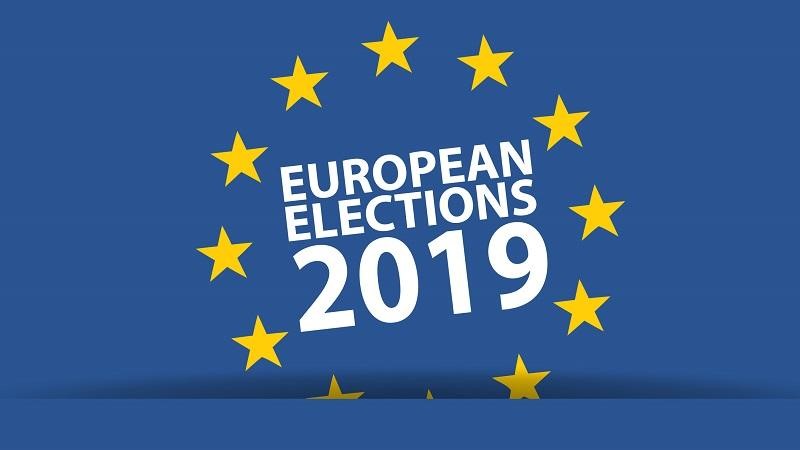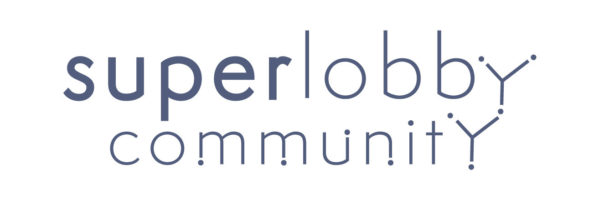
In 2014 I decided I wanted to run for the European Parliament. While I made a real effort to become the arch-lobbyist, it’s not how I started. I actually got into EU politics as the President of the Young European Federalists in the Netherlands. I started my European adventure because I wanted to contribute to the European project. I dabbled a bit more in Youth Politics and founded the Taskforce on European Affairs at the Dutch National Youth Council. And after working for 5 years in Brussels as a lobbyist I yearned to go back to the origin of why I wanted to work in Brussels in the first place; to reform the European Union. And to do that, I needed to get into the office. At least that’s what I thought.
Answering the WHY
After my Erasmus exchange year in Brussels, I really developed a love for the European project. Drinking beers with an Erasmus scholarship will do that to you. You meet all kinds of fellow Europeans. I completely understand that already a million Erasmus babies have come from the ultimate European experience. My introduction to the European project coincided with the breaking up of former Yugoslavia. I witnessed the perils of nationalism and its remedy from up close. However, my years in Brussels also confronted me with reality; this EU is a far cry from the Europe that is capable of rising up to the challenges of tomorrow. It simply has too many design mistakes. In plain English; the EU is a mess. Armed with an intrinsic motivation to reform the EU and every trick up my sleeve from my lobby years, I decided I should run for office. This was 2014.
Designing the timeline
One of the advantages I had over the competition was time. I would start my campaign extremely early. The smoke of the EP elections of 2014 had just cleared and literally nobody was thinking of the elections in 2019. I designed my timeline like I do for multi-annual files; I closed my eyes and pierced into the future. Trying to sort out everything that I needed to be done gave me goosebumps. It was overwhelming. I wasn’t even a member of a political party, and here I was trying to orchestrate to become an MEP in 2019. Still, there was no work around; I would need to become a member of a party. Moreover, I would have to build a profile and establish a rapport with the party hotshots. I would also need to build a campaign team and start saving a budget for the campaign. I would have five years to save money. Also, I made a list of books on campaigning and elections I wanted to read, as well as a list of people who had successful campaigns which I would try to emulate. I made a commitment to reach out to these people and interview them about their political journeys.
Wife doesn’t like it one bit
Back home I tested the waters to see if my wife would support me. She didn’t like it one bit. She has always been a bit risk averse and in general didn’t like politics. The thought of me entering politics she liked even less. I “parked” somewhere later on the timeline as I knew this was a problem I wouldn’t be able to solve right now.
Choosing a party
I knew I would have to choose a political party. I managed to narrow it down to CDA (EPP) and D66 (RenewEurope). I knew both parties well and I had worked with their MEPs closely. The CDA was traditionally very pro-Europe, but in 2014 they were forced to take more critical viewpoints on the EU. Other parties were drawing voters by being EU-critical and the CDA needed to adjust in order not to lose too many voters. I liked the CDA. Their politicians always showed up and were very trustworthy. Moreover, they were a “people’s party”. Their constituency was mainly in the regions and the rural areas. I liked that the CDA was standing up for marginalised groups and regions and in general were decent folks. D66 is a very different party. Their voters were mainly located in the big University cities. It was a progressive party with a track record when it comes to LGBT+ rights and medical ethics (like euthanasia). D66 was unequivocally PRO European. Unlike CDA, their constituency comes from big student cities. Eventually, I thought I would be more opportunistic about it than I actually was. When push came to shove my biggest internal deliberations were about values and identity. And even then it wasn’t as clear-cut as some might think. I liked the CDA and what it stood for. Someone should be taking care and standing up for old industries, farmers, fishermen and regions far away from power centers. What also attracted me a lot was that the CDA was plain decent, their politicians always “showed up”. D66 was much more calculating when it came to meetings and events. They would want to know if the media would be there, and how big the crowd was and what the political costs and opportunities of their efforts would be. Ultimately, I chose D66 because I thought and still think that the best way of protecting farmers, fishermen and old industries is by making them more future-proof. Moreover, D66 values and ideas about Europe were much more aligned with my ideas than CDA, which was having its own struggles with Europe at that moment in time.
Building the team
I informed some people close to me and even managed to enlist a couple of people to my campaign team early on. People were excited by the idea that I would want to enter politics.
Head first
As soon as I became a member of D66 I hit the ground running. I started building contacts and even became a board member of the local board in Utrecht. I went to my first congress and made sure I was visible by asking a lot of questions at the plenary. Later on, I got a text message from someone who knew it was my first congress: “Wow you are really going at it – head first!”. I smiled. I knew that a lot of work needed to be done in the coming years, but I was off to a good start.
Next week part II.

